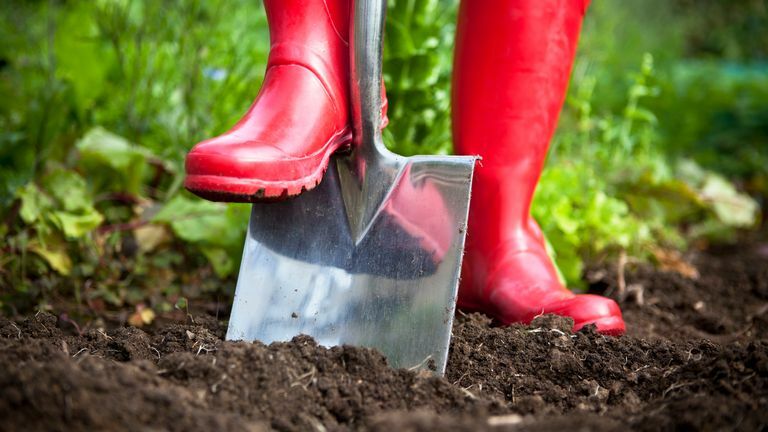B&Q endorses eco-friendly no-dig gardening to reduce CO2 emissions

B&Q has highlighted the environmental benefits of the “no-dig” gardening method, which is gaining popularity among gardeners. Tim Clapp, head of product range at Kingfisher, the parent company of B&Q, explained that the traditional practice of digging can be damaging to the environment and that there is a viable alternative.
The “no-dig” movement was pioneered by British gardener Charles Dowding, who advocates for a more environmentally friendly approach to gardening. By adding a layer of compost to the soil’s surface once or twice a year and allowing worms to naturally cultivate the ground, gardeners can help the soil regenerate and reduce weed growth.
Dowding explains on his website that when soil is turned over, it recovers from the disruption with weed growth. However, when left uncultivated, it has less need to recover and therefore grows fewer weeds.
Clapp emphasised the importance of rethinking traditional gardening methods, saying, “Digging is the old way of doing things. What today we’re here to say actually, that is quite hard work.”
He added that digging damages bacteria and fungi in the soil and causes carbon buried in the soil to form the greenhouse gas carbon dioxide when exposed to air. “Carbon is like the glue within the soil. And the higher the carbon is, the better it is. But of course by digging it, we’re exposing that carbon to oxygen within there, and that turns into CO2,” said Clapp.
“With the no-dig system, you can actually start to put the carbon back into the soil and it’s a really nice thing that we can do.” This environmentally friendly approach to gardening is gaining traction, and B&Q’s endorsement of the method highlights the growing awareness of its benefits.
Latest Thailand News
Follow The Thaiger on Google News:


























